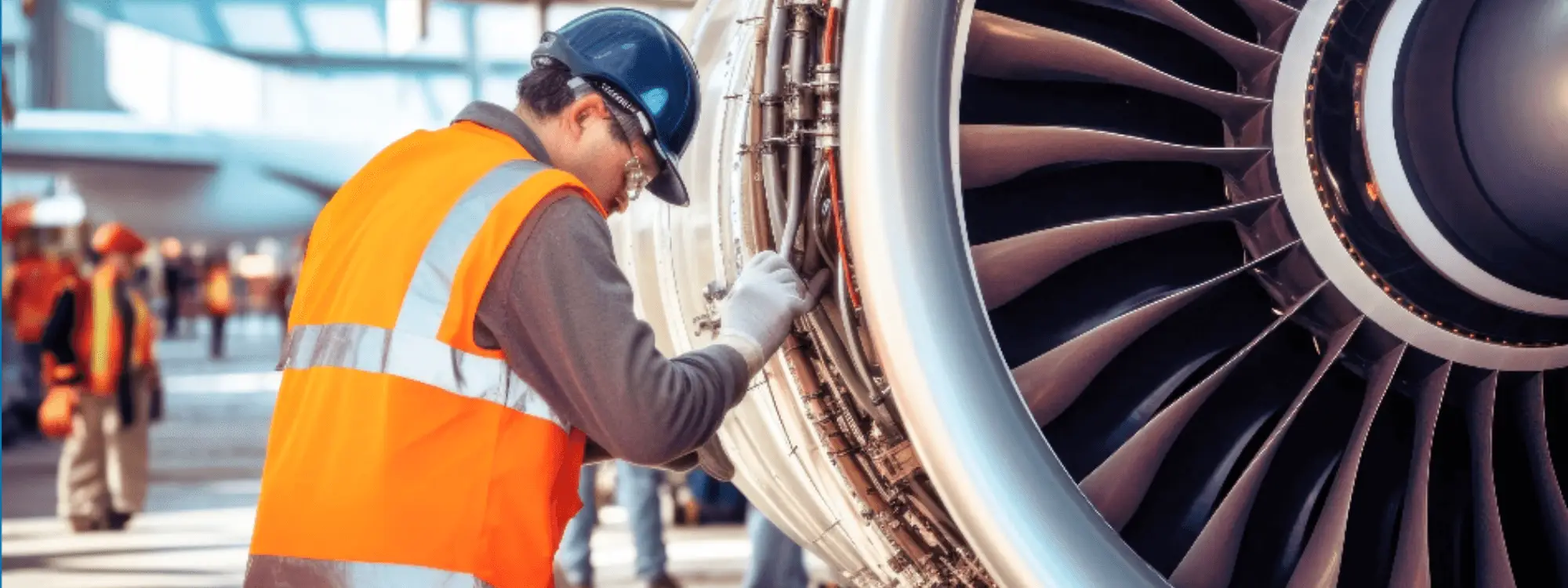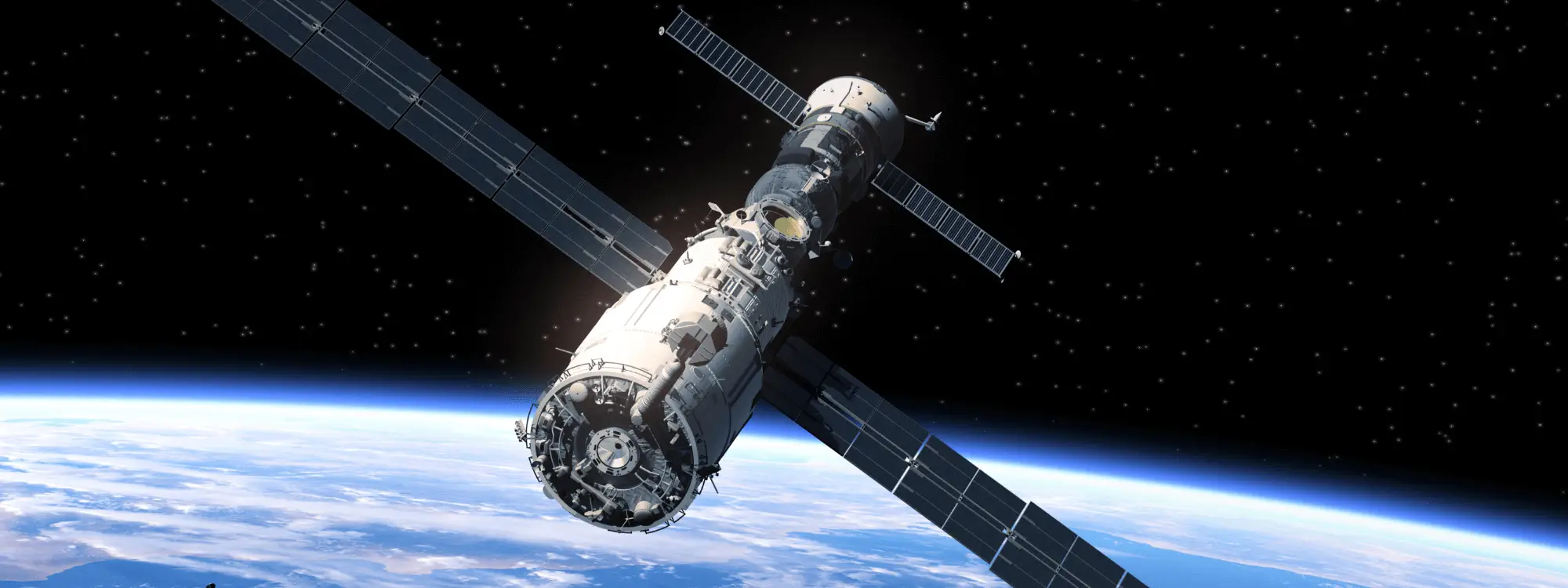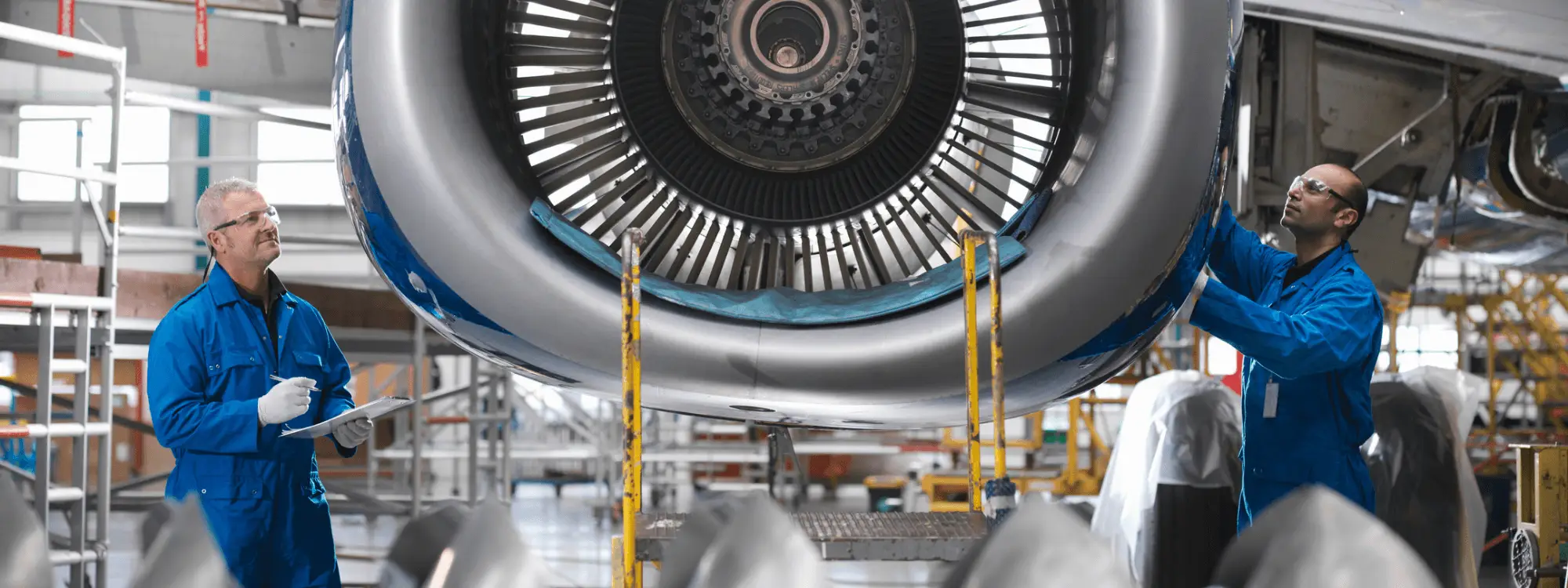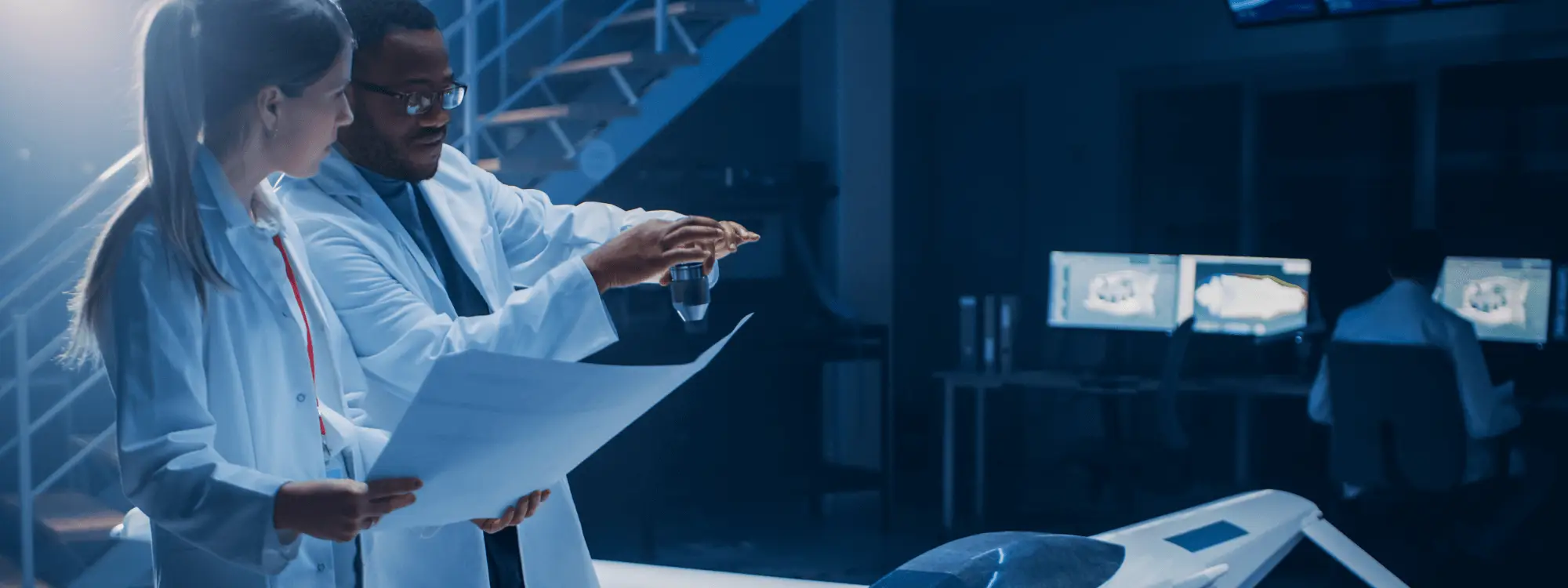
The Key Technical Skills Aerospace Engineers Need to Succeed
Engineering the skies and beyond demands sharp technical expertise. With aviation and space technologies evolving faster than ever, engineers need to upskill strategically to stay ahead. Here’s a breakdown of the essential technical skills that define top-performing engineers in the sector.
Explore career opportunities through our aerospace recruitment expertise.
Proficiency in CAD Software
Designing the future of flight starts with Computer-Aided Design (CAD). Engineers who can transform concepts into intricate 3D models are building the backbone of aircraft and spacecraft projects. Tools like CATIA, SolidWorks, and AutoCAD remain industry essentials. The ability to visualise, design, and simulate effectively sets you apart.
Strong Understanding of Aerodynamics
Flight begins with mastering how air interacts with aircraft. Engineers skilled in aerodynamics optimise lift, drag, thrust, and weight to maximise efficiency and safety. This foundational knowledge underpins every vehicle design and performance improvement.
Expertise in Propulsion Systems
From jet engines to rocket systems and hybrid technologies, understanding propulsion is critical. Engineers who grasp how these systems operate, and how to maintain or innovate them, are central to the development of both civil and military aircraft.
Materials Science Knowledge
Composites, alloys, ceramics, and lightweight metals all behave differently under pressure. Engineers who understand these materials can design resilient, efficient aircraft and spacecraft structures. Selecting the right material is both a science and an art.
Avionics and Systems Integration
Modern aircraft and spacecraft rely on interconnected electronic systems. Engineers who can integrate navigation, communication, and control systems ensure smooth operations and enhanced safety. This skill is vital for mission-critical projects across the industry.
Systems Engineering Skills
Large-scale aviation projects demand precision in managing complexity. Systems engineering teaches you to map dependencies, coordinate components, and ensure seamless functionality across entire projects.
Computational Modelling & Simulation
Before a vehicle takes to the skies, it’s tested virtually. CFD simulations, structural stress tests, and flight dynamics modelling allow engineers to refine designs and troubleshoot problems early, saving time and resources.
Take the Next Step in Your Career
The world of aviation and space technologies thrives on innovation. Every new skill you master could be the one that shapes the future of flight. Stay curious, stay driven, and keep evolving.
Explore our latest aerospace job opportunities, or connect with our team to see how your skills align with mission-critical projects across the United Kingdom.



